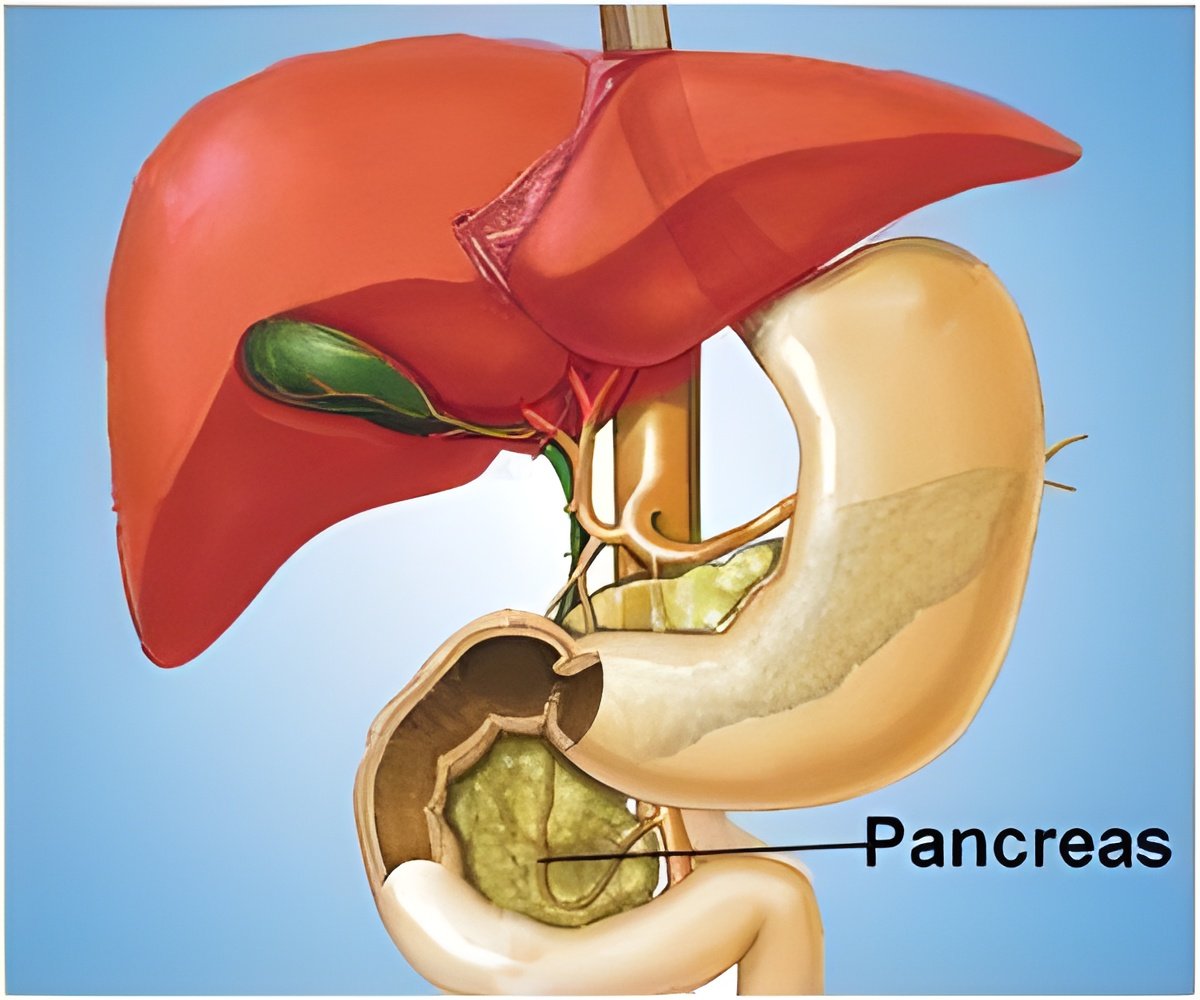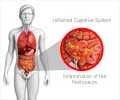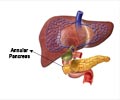Pancreatitis in ethnic minorities is associated with very severe levels of triglycerides and the risk is further increased by alcohol abuse and gallstones, found study.

‘Pancreatitis in ethnic minorities is associated with very severe levels of triglycerides and the risk is further increased by alcohol abuse and gallstones.’





Triglycerides, a type of fat the body uses for energy, can increase the risk of heart disease. Normal levels are below 150 milligrams per deciliter (mg/dL). Levels higher than 500 mg/dL are considered very high, levels between 1,000 and 1,999 mg/dL are severe and levels above 2,000 mg/dL are very severe.
Previous studies have found that severe levels of triglycerides are associated with pancreatitis, but the cutoff level has not been confirmed and there has been limited research on minority populations. The new study is the first to report on pancreatitis, due to severe levels of triglycerides, in a U.S. multiethnic minority population. Researchers performed a retrospective study of 1,157 adult patients in the Cook County Health & Hospitals System who had triglyceride levels higher than 1,000 mg/dL. The ethnic breakdown was Hispanics, 38.4 percent; African Americans, 31.6 percent; Caucasians, 22.7 percent; Asians, 5.7 percent; and Pacific Islanders, 1.6 percent. Among all patients, 9.2 percent had pancreatitis. Among patients with triglyceride levels higher than 2,000 mg/dL, there was a 4.3-fold increase in pancreatitis compared to patients with triglyceride levels between 1,000 and 1,999 mg/dL. This finding validates the Endocrine Society's suggested cut-off of 2,000 mg/dL as a risk factor for pancreatitis.
Previous studies have shown that alcohol is another risk factor. The new study found that patients with a history of excessive alcohol intake were four times more likely to develop pancreatitis. The study confirmed earlier findings that gallstone disease is an additional risk factor. Researchers further found that in patients with pancreatitis, the prevalence of gallstones was significantly higher in women. Only 2 percent of patients with triglyceride levels below 2,000 mg/dL had pancreatitis, compared to 33.6 percent of patients who had triglyceride levels higher than 2,000 mg/dL and one other risk factor. The study also found that younger adults were more likely to get pancreatitis. "It is not clear why older patients with similar risk factors were less susceptible to developing acute pancreatitis," researchers wrote.
The study's findings may help physicians assess the pancreatitis risk among patients with severe levels of triglycerides and decide on the urgency and intensity of managing the risk. Early detection and counseling on behavioral risk factors could help reduce the risk of pancreatitis, researchers wrote. The study is titled "Acute Pancreatitis in Patients with Severe Hypertriglyceridemia in a Multiethnic Minority Population."
Source-Eurekalert















